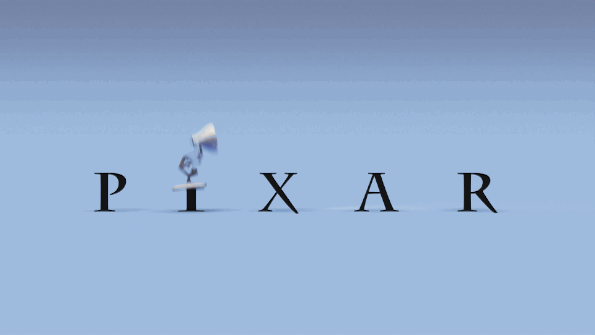NEW: U.S. Chamber, NAM, universities sue DHS, DOL over H-1B rules released last week

By
tacobell fan
in Discussions
-
-
-
-
Tell a friend
-
-
Most viewed in last 30 days
-

-

-

-

-

-

-

-
 70
70Sonu_Patel · Started
-

-

-

-

-
 67
67DonnyStrumpet · Started
-

-

-

-

-

-

-

-

Recommended Posts
Join the conversation
You can post now and register later. If you have an account, sign in now to post with your account.